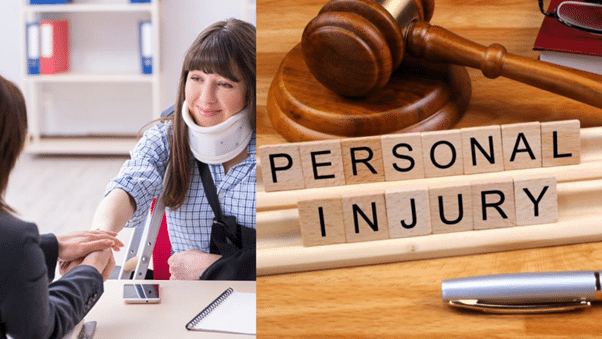Table of Contents
Filing a personal injury case can be a challenging and complex task for the victim. If the victim isn’t aware of the appropriate statutes, then the odds of a successful personal injury case are against them.
If you or a loved one sustained an injury due to the negligence or wrongdoing of someone else, it is important to build a strong personal injury case against them.
In this article, we are going to discuss the seven important things to consider when filing a personal injury case:
Statute of Limitations
There is a time limit for the victim to file a personal injury case against a negligent party. The deadlines differ from one state to another. Therefore, it would be better to check the statute of limitations of a specific state in a personal injury case.
It is important to file a personal injury case by the deadline. If you miss the deadline, then you lose the chance to seek compensation.
Who is Responsible for Your Injury?
In a few cases, there may be more than one negligent party who is responsible for the accident.
For instance, in a medical negligence case, you can file a case against the doctor who performed the wrong surgery, the manufacturer of the medical device that led to the injury, and the hospital where the surgery was done.
That’s why it is important for you to find out all the liable parties and their roles in the accident.
Evidence
If you decide to file a personal injury case, then you should collect and preserve evidence. Doing so strengthens your claim. The following are some examples of evidence:
- Photos of the accident scene
- Photos or videos of vehicle damage
- Pictures of your injuries
- Doctor reports
- Medical records
- Police reports
- Witness statements
All the evidence above is important to build a personal injury case.
Damages
You should consider the damages you have sustained as a result of the accident. This could be your medical expenses or the wages you lost when you were recovering.
There are three types of damages victims can seek compensation for. They are:
- Economic Damages
- Non-Economic Damages
- Punitive Damages
Economic and non-economic damages are awarded as compensation for the victim’s losses and damages. Punitive damages, on the other hand, are awarded to punish the defendant for gross recklessness.
Where to File a Case
A personal injury case should be filed where the accident happened. The location where the claim is filed is important, as different states have different statutes. These statutes may affect a number of factors related to the case, including liability.
This is the reason why the location where you’re supposed to file a personal injury case is important.
Insurance Coverage
The compensation you receive comes from the at-fault party’s insurance company. If the at-fault party has insufficient insurance, then you may not be able to recover sufficient compensation. Other factors also come into play when the at-fault party has insufficient insurance.
This is why it is important to check the at-fault party’s insurance when filing a personal injury case.
Cause of Action
The cause of action refers to a reason or set of facts that gives you the right to file a case against someone responsible for your injuries, damages, and losses. You should prove the elements necessary to establish a cause of action in a personal injury case.
It is essential to consider your claim and the grounds for your compensation. Based on the type of personal injury case and the applicable laws, the cause of action may differ.
For instance, if a store owner leaves a wet floor without warning signs and you slip and fall, you may have a case against the store owner for negligence because they were responsible for keeping the premises safe for their patrons.
If a dog owner fails to hold or tie their dog and the dog bites you, you can sue the dog owner for negligence because they were careless in handling a violent dog.


